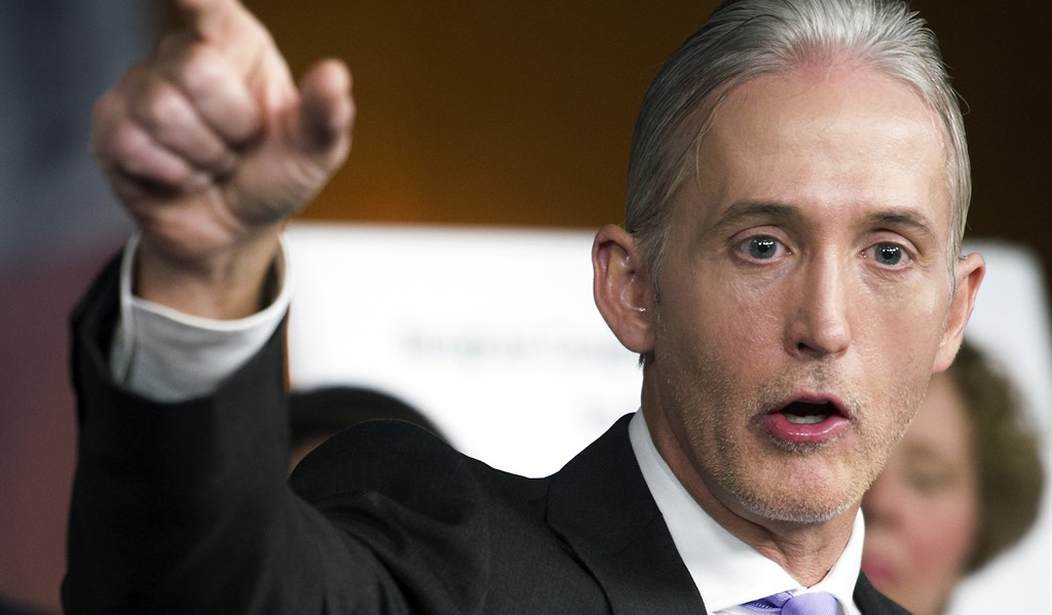When FBI Director James Comey announced in July criminal charges would not be brought against former Secretary of State Hillary Clinton for storing and transmitting top secret, classified information on a number of different private servers, this is the argument he made regarding intent (bolding is mine):
Our investigation looked at whether there is evidence classified information was improperly stored or transmitted on that personal system, in violation of a federal statute making it a felony to mishandle classified information either intentionally or in a grossly negligent way, or a second statute making it a misdemeanor to knowingly remove classified information from appropriate systems or storage facilities.
Although we do not have complete visibility because we are not able to fully reconstruct the electronic record of that sorting, we believe our investigation has been sufficient to give us reasonable confidence there was no intentional misconduct in connection with that sorting effort.
Although there is evidence of potential violations of the statutes regarding the handling of classified information, our judgment is that no reasonable prosecutor would bring such a case. Prosecutors necessarily weigh a number of factors before bringing charges. There are obvious considerations, like the strength of the evidence, especially regarding intent.
In looking back at our investigations into mishandling or removal of classified information, we cannot find a case that would support bringing criminal charges on these facts. All the cases prosecuted involved some combination of: clearly intentional and willful mishandling of classified information; or vast quantities of materials exposed in such a way as to support an inference of intentional misconduct; or indications of disloyalty to the United States; or efforts to obstruct justice. We do not see those things here.
Recommended
But according to former prosecutor and House Oversight Committee member Trey Gowdy, who has seen the notes taken during an interview conducted by the FBI with Clinton about her private email servers, agents didn't ask the former Secretary and current Democrat presidential nominee about intent at all.
"Remember James Comey said she was not indicted because he didn't have sufficient evidence on the issue of intent? I didn't see any questions on the issue of intent. There's no question she handled them [classified emails] negligently or extremely carelessly, he said he didn't go forward with charges specifically because he didn't have criminal intent. I didn't see any questions on that," Gowdy said on Fox News Thursday morning.
How can the FBI prove or disprove intent if they never asked about it?
Gowdy also argued the FBI interview notes should be released to the public. At this point the FBI is refusing to do so.
It should also be noted the mishandling of classified information doesn't require intent for prosecution.
This post has been updated with additional information.

























Join the conversation as a VIP Member